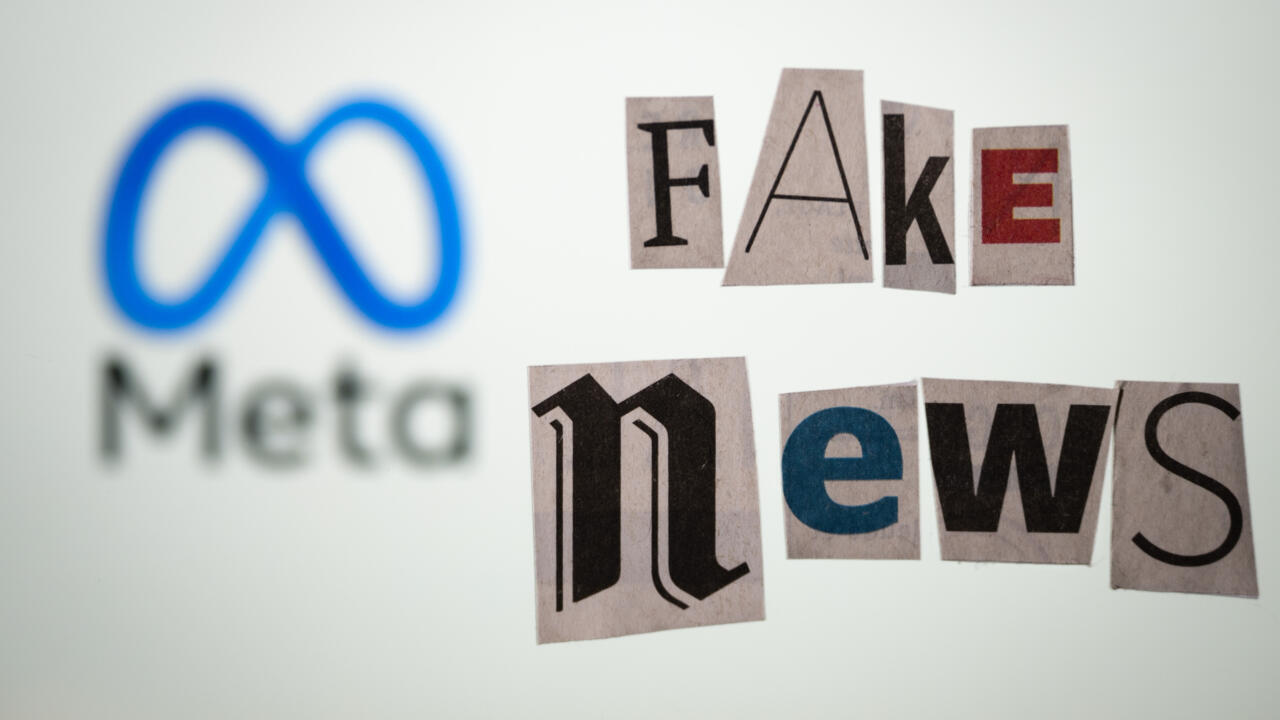Scammers are now among the biggest political ad spenders on Meta’s platforms, running deepfake videos of U.S. politicians, including President Donald Trump, to push fake government benefits, according to a new report by the Tech Transparency Project (TTP).
The watchdog said it found 63 scam advertisers who collectively spent $49 million on Facebook and Instagram, often targeting seniors with ads for fake stimulus checks, spending cards, and healthcare payments. These ads have reached tens of thousands of users.
“The findings show how scammers are taking advantage of advances in artificial intelligence technology, public confusion around the status of social safety net programs, and lax Meta content moderation to target new victims,” TTP said. “Meta is allowing this activity even though it prohibits scams and says it invests in scam prevention to keep users safe.”
Read Also: Meta Halts AI Hiring to Reorganize Superintelligence Efforts
Meta did not immediately respond to AFP’s request for comment, but in a previous statement quoted by TTP, the company said it would “invest in building new technical defenses” because scammers “constantly evolve their tactics to try to evade detection.”
Under Meta’s rules, advertisers who want to run political ads in the U.S. must undergo a special authorisation process, which includes submitting official ID and a U.S. mailing address. Despite this, TTP said all 63 scam advertisers, responsible for over 150,600 political ads — had their posts removed in the last year for policy violations. Nearly half of them, however, were still advertising as of this week.
The report said Meta disabled 35 ad accounts, but often only after they ran dozens or even hundreds of ads. Six accounts spent more than $1 million each before being shut down. One advertiser, called the Relief Eligibility Center, ran a deepfake video of Trump in April and May falsely promising Americans “FREE $5,000 checks.” The clip, designed to mimic a Rose Garden speech, targeted men and women over 65 across more than 20 U.S. states.
Read Also: Colombian Court Orders Meta to Revise Instagram Policies Over Nudity Ban
For years, fact-checkers have flagged fake stimulus check offers on social media. The latest findings highlight the surge in online fraud, with surveys showing more Americans falling victim to scams and impersonation schemes. In August, the Federal Trade Commission reported a fourfold increase since 2020 in complaints from older adults who lost $10,000 or more, sometimes their life savings, to fraudsters posing as government agencies or trusted businesses.
![]()





























































